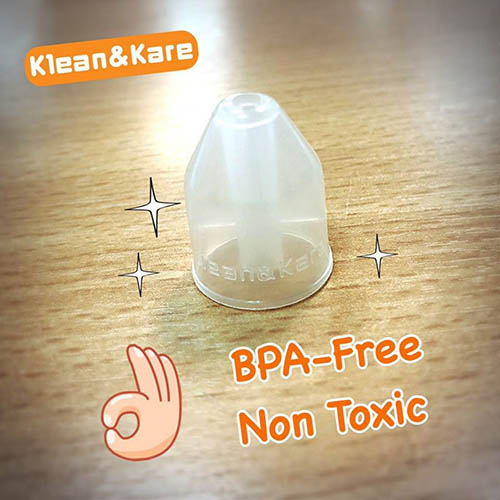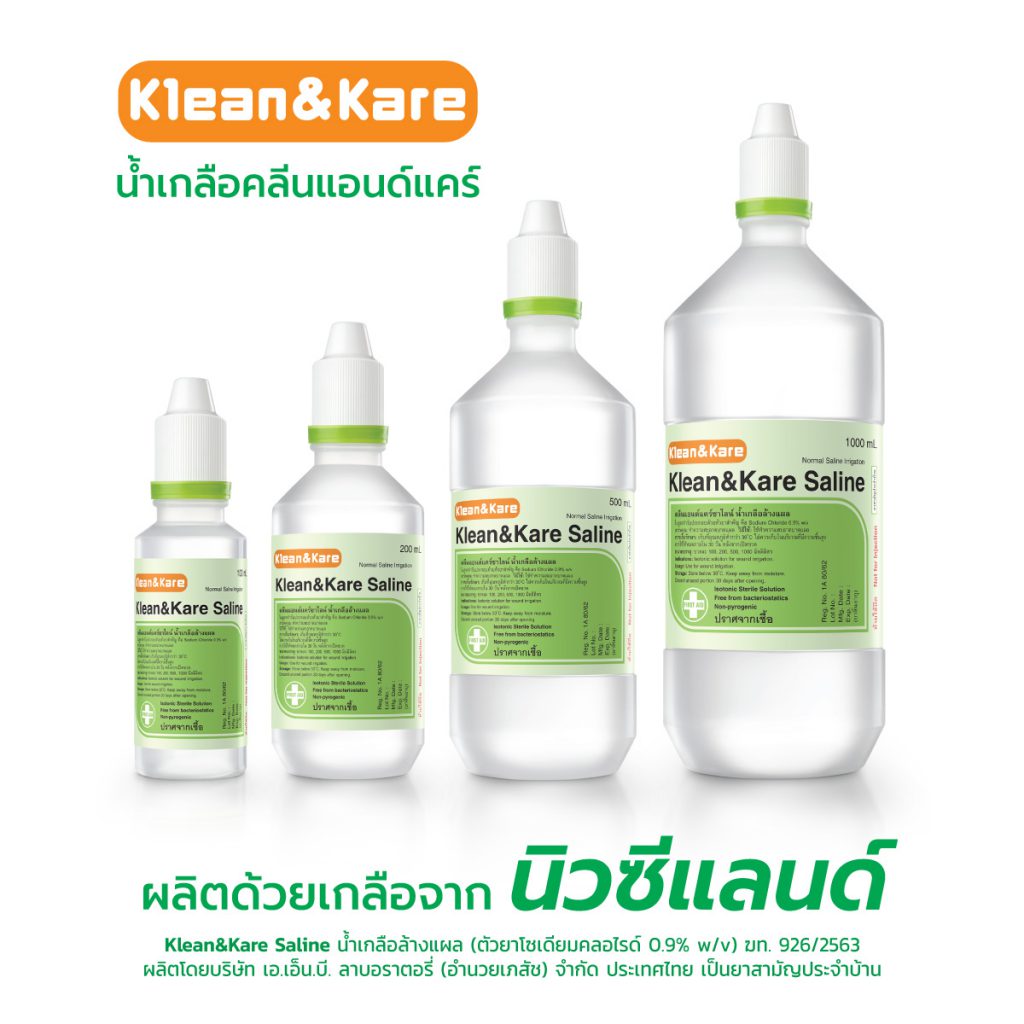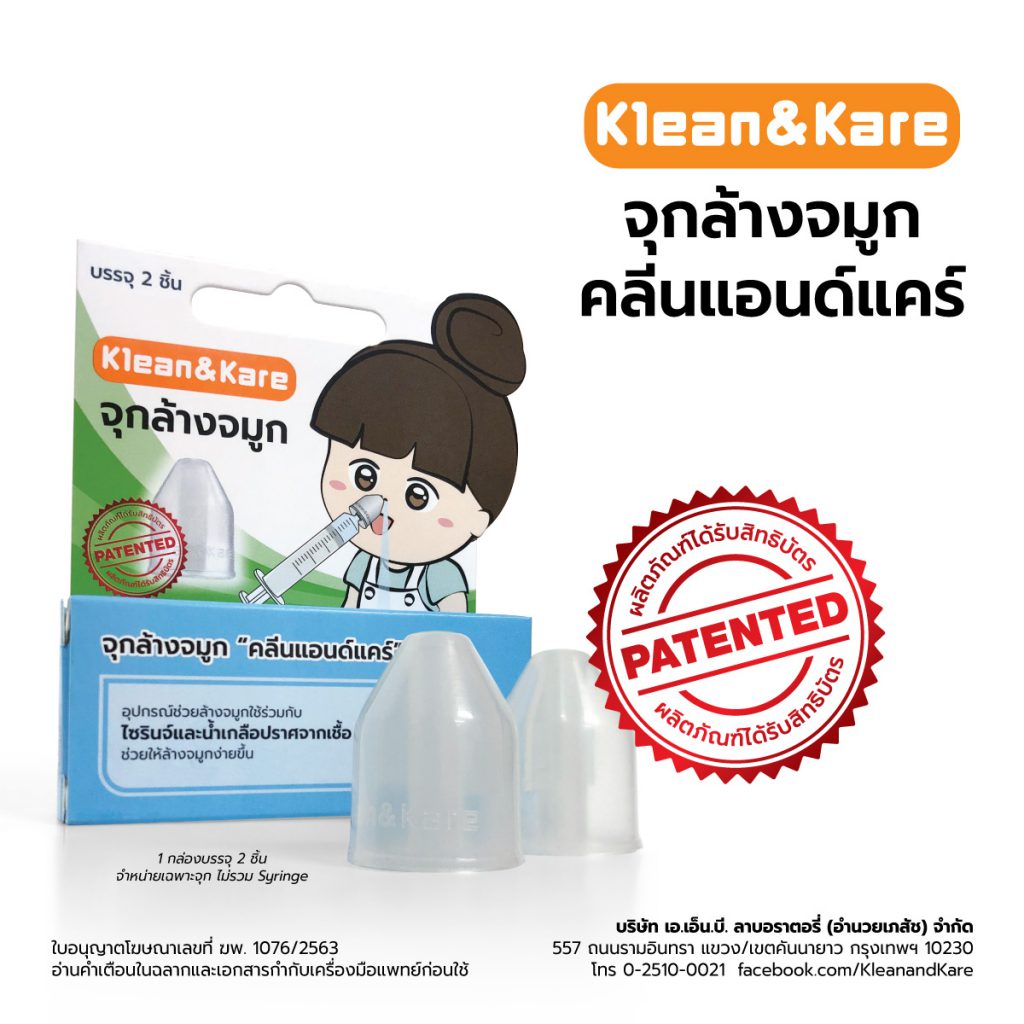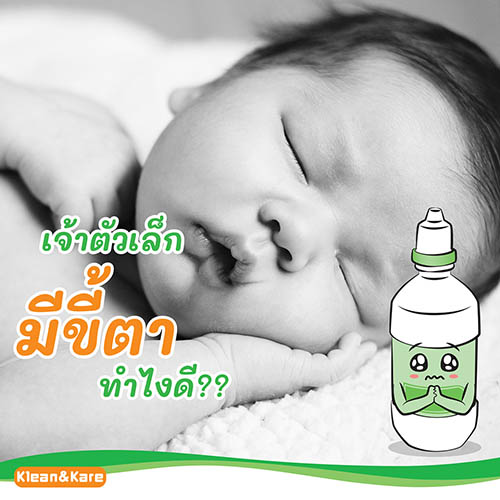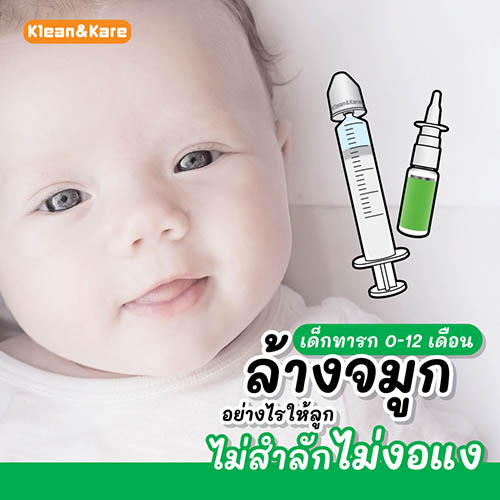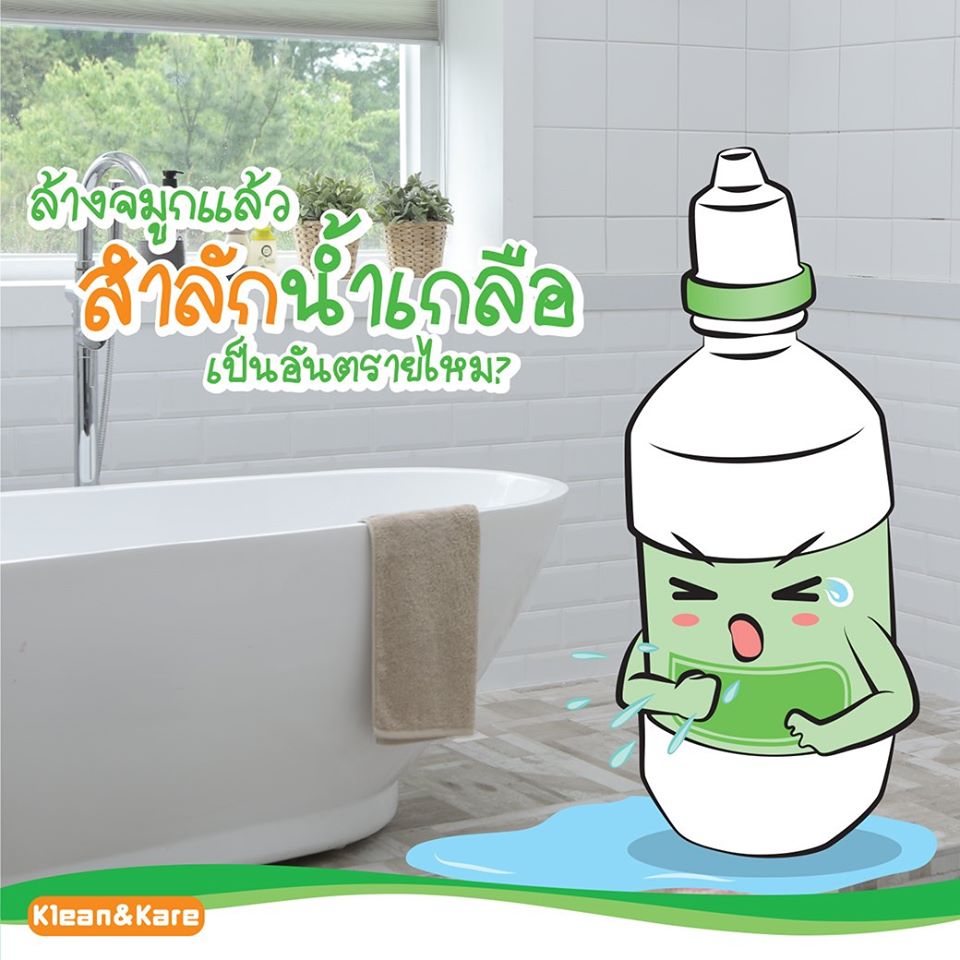BPA (Bisphenol-A) is used in the manufacture polycarbonate plastic. It is lightweight clear and highly durable. However, BPA can leach out of a plastic container following heat exposure and contaminate the food and drink stored in the container, such as drinking bottles, milk bottles, cups, bowls, etc.
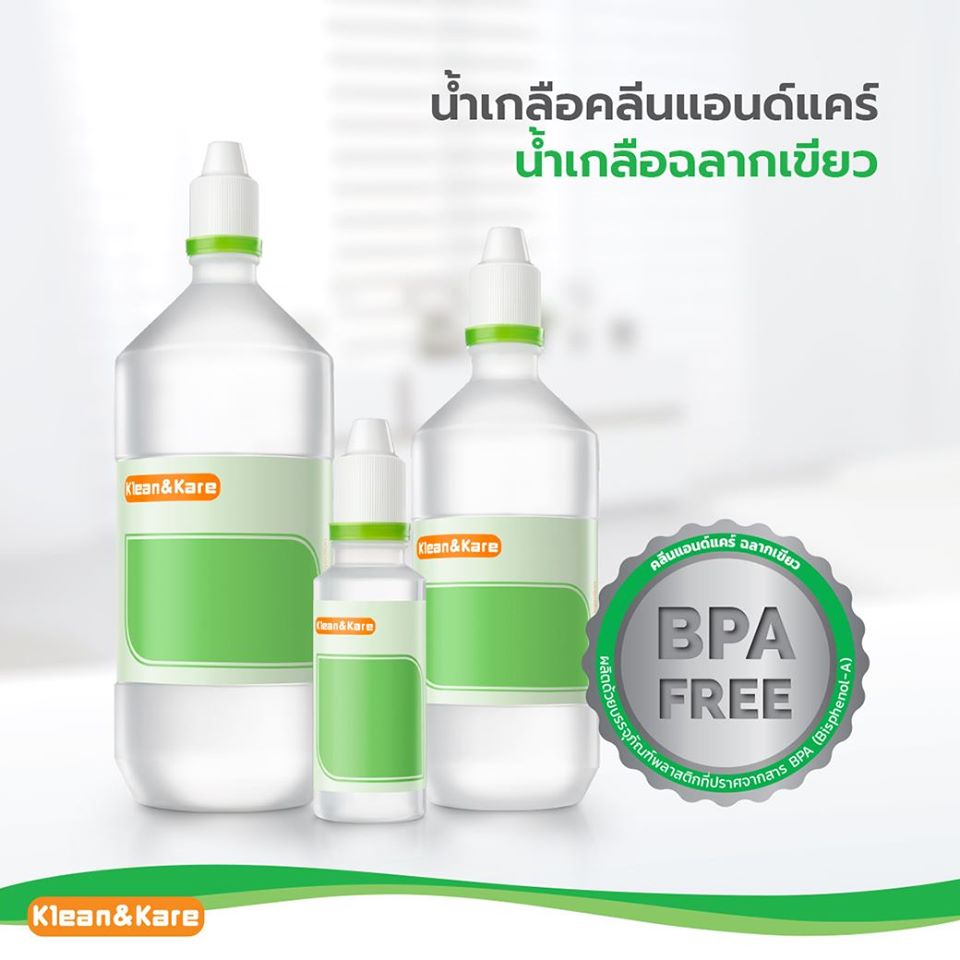
What happens when BPA enters our body?
- BPA may affect the developing brain by disrupting gene regulation. It may suppress a gene vital to nerve cell function and to the development of the central nervous system.
- BPA may affect hormone levels. It may impact growth and reproductive system.
- BPA may increase risk of childhood obesity and hyperactivity.
- BPA may increase risk of diabetes, heart disease, and cancer.
- Exposure to BPA during pregnancy may disrupt fetal growth, causing chromosome damage, Down’s syndrome, child hyperactivity, or miscarriage. BPA may also impact prenatal bonding.
Study shows that infants and young children are more sensitive to the effects of BPA than adults. The European Commission, thus, reduced the tolerable daily intake (TDI) for BPA to 0.05 mg/kg/day.
When choosing plastic toys and plastic containers for your child, look for a “BPA-Free” sign to avoid your child’s exposure to BPA.
Source(s): https://www.maerakluke.com/topics/2372

